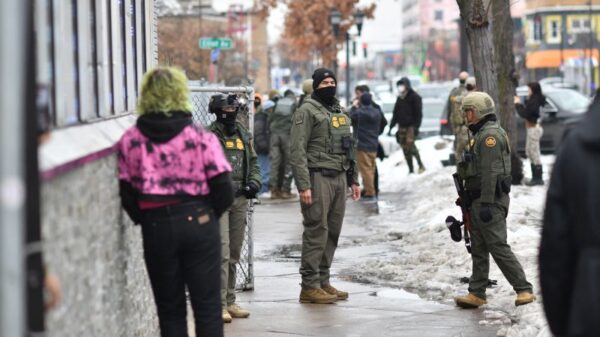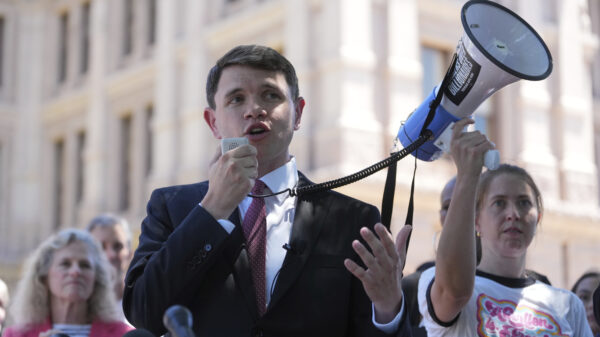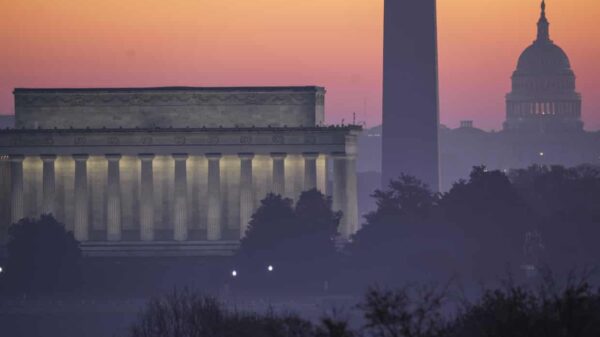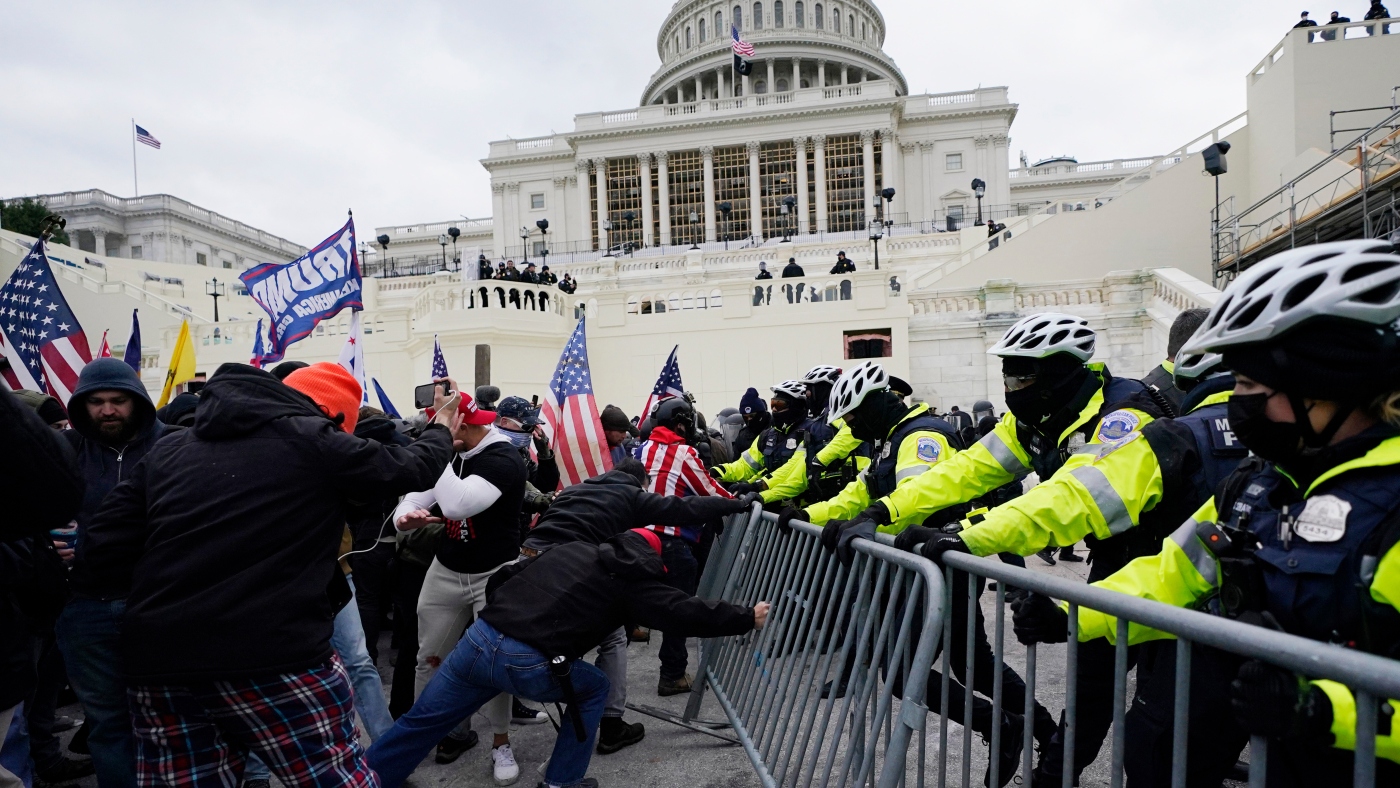UPDATE: President Donald Trump has just issued two significant pardons related to the ongoing fallout from the January 6, 2021 Capitol riot, raising eyebrows and igniting debate across the nation. This urgent announcement, made on Saturday, includes a pardon for a woman convicted of threatening FBI agents and another for a man facing serious firearm possession charges linked to the riot.
In a dramatic turn of events, Suzanne Ellen Kaye had previously served an 18-month sentence after threatening to shoot FBI agents investigating her potential involvement in the Capitol riot. Following her release last year, Kaye made headlines when she posted a video on social media asserting her Second Amendment rights. Prosecutors labeled her threats as part of a dangerous trend of violent political rhetoric. A White House official stated this case represented “disfavored First Amendment political speech being prosecuted,” highlighting the emotional toll on Kaye, who suffers from “stress-induced seizures.”
In a separate case, Trump pardoned Daniel Edwin Wilson from Louisville, Kentucky, who had been serving time for illegally possessing firearms. Authorities found six guns and approximately 4,800 rounds of ammunition in his home during an investigation into his actions on January 6. Wilson had been sentenced to five years in prison after pleading guilty to conspiring to impede police officers during the riot and was scheduled to remain incarcerated until 2028. His attorney expressed gratitude for the pardon, stating, “Mr. Wilson can now reunite with his family and begin rebuilding his life.”
This latest round of pardons is part of a broader strategy by Trump to support his allies ensnared in the Biden administration’s extensive investigation into the January 6 events, which has led to charges against over 1,500 individuals. The Justice Department had previously argued that Trump’s pardons did not extend to Wilson’s firearm-related charges, but later revised its stance, leading to a controversial legal debate about the scope of presidential clemency.
Trump’s pardons come amid increasing scrutiny of how the government has handled cases stemming from the Capitol riot, including accusations of excessive sentencing and politicized prosecutions. U.S. District Judge Dabney Friedrich, appointed by Trump, criticized the Justice Department for its fluctuating position on the applicability of pardons to separate criminal charges discovered during investigations.
With the pardons now confirmed, all eyes are on how this will impact the ongoing discourse surrounding the January 6 insurrection and the legal ramifications for those involved. The White House remains steadfast in its position, arguing that both individuals faced excessive legal consequences stemming from their actions on that fateful day.
As these developments unfold, the implications for Trump’s political future and the ongoing investigations remain uncertain. The pardons highlight a significant moment in the complex narrative of the January 6 events and their aftermath, sparking discussions that are sure to continue in the days ahead.
Stay tuned for more updates on this developing story and its potential impact on the political landscape.






































































